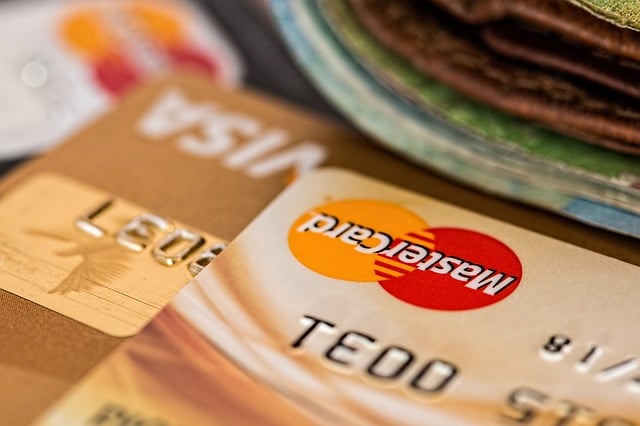
As a business that accepts credit cards you stand the risk of having a charge back filed against your merchant account. A charge back is request made by a consumer to the credit card company claiming that they either did not receive the goods for which they paid or they requested a refund which you never provided. In either case, it is up to you to defend your position and prove that you provided the services that the consumer claims they never received. The good thing is that for tour and activity operators, charge backs are relatively rare because most bookings for tours and activities happen within a few days of the “booked for” date. As more and more customers book in advance however, this may change and following good credit card best practices can reduce your chances of getting hit with a charge back.
You can significantly reduce your costs, chances of fraud, and charge backs by following these ten simple rules:
- Post your refund / cancellation policy and make sure that the customer must agree to them before purchasing a ticket or making a booking. Although this is not bulletproof, it does put the requirement on the customer to have to physically acknowledge and agree to your booking terms and cancellation policy before sending you their credit card information. With Rezgo for example, the customer must check the box acknowledging that they have read your terms and conditions.
- Post a warning on your booking page that lets the customer know that you are logging their I.P. address and information in order to reduce fraudulent transactions and to ensure a safe and secure booking environment. With Rezgo this is automatic and all IP addresses are stored with the booking for security purposes.
- Tell your customers what name to expect on their credit card statement. This is important if your website name differs from your company name. If the customer does not recognize the name of the statement, they may charge back on impulse because they don’t recognize the transaction.
- Keep your customers up to date with the status of their booking. If you can, publish the customer’s receipt to the web so the customer can view it at anytime. If the status changes, make sure the updates are published to the customer’s version of the receipt. When your customer books through Rezgo, for example, the receive an email with a link to an online receipt. This receipt is updated in real-time when you make changes to their booking.
- Collect CVV2 numbers during the payment process. For online bookings, the CVV2 number is used to ensure that the person entering the card information has the card present in front of them. The CVV2 number is not embossed on the card so if the card number is stolen, chances are the holder will not have the number. If the holder has stolen the card then the CVV2 will be present and this may not be effective. Rezgo automatically collects the CVV2 data if you are using an online payment gateway.
- Use AVS (Address verification service). This is often provided with the payment gateway that you use. If you are a U.S. or Canadian merchant then generally AVS will only work for addresses in your native country, so you need to be aware that the fraud prevention may not work for foreign cards.
- Require a contact phone number and make mention that you may require a phone authorization for bookings over a certain value. This can then be used to contact the customer in the event that you are unsure about the validity of the booking. A quick phone call could save you a lot of money and grief with the merchant provider.
- Be cautious of bookings from known free email services. This one is a bit tough to control because of the number of users of free email services. If you are unsure about the booking, send an email or call the customer directly.
- Be cautious of orders from developing countries. Although the country of origin is not always an indicator of fraud, the majority of fraudulent transactions seem to originate from a certain group of countries. Remember that we are not necessarily looking at the billing address of the booking but rather the country of origin of the IP address for the order. Known credit card fraud hot spots include:
- Romania
- Indonesia
- Singapore
- Ghana
- Ukraine
- Uganda
- Nigeria
- Hungary
- Belarus
- Estonia
- Latvia
- Lithuania
- Slovak Republic
- Russia
- Yugoslavia
- Macedonia
- Philippines
- Thailand
- Malaysia
- Offer exceptional customer service. The majority of charge backs are due to a poor customer experience. If you provide your customers with a high quality experience and good value for their booking dollar then your chances of having a customer charge back is greatly reduce.
Search The Blog
Most Popular Articles
- 16 Innovative Tourism Business Ideas and Trends for 2025
- Your Marketing Mix: the 7 Ps of Travel and Tourism Marketing
- Advantages and Disadvantages of Online Travel Agencies (OTAs)
- The Rise of Solo Travel: How Tour Operators Can Tap Into a Growing Trend
- 10 Strategies to Increase Sales and Revenue in Tourism





